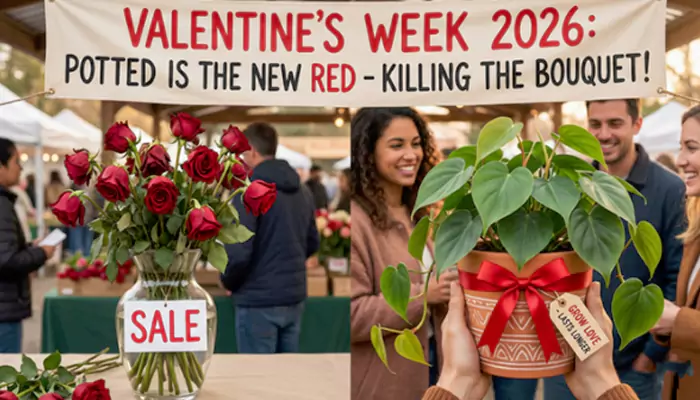7 Spring Planting Ideas For Perennial Vegetables

You have a plethora of options when it comes to herbs and plants. However, here are a few of the simplest options for your garden to get you started.
People just starting out in gardening tend to stick with annuals since they don't know about the wide variety of options available for perennials. Several perennials produce fruit throughout several seasons aside from the more popular annuals and biennials. Producing perennial vegetables has several advantages for both the ecosystem and individual gardeners. Go through the list to see which of these veggies you want to grow on your own.
Artichokes
It's possible to cultivate Jerusalem artichokes (sunchokes) and globe artichokes in various environments. For example, consider the cardoons and Maximilian sunflowers, close relatives.
Asparagus
In terms of perennial veggies, asparagus is one of the most popular and commonly farmed. It may thrive alongside perennials and even in food gardens. Planting asparagus crowns are an excellent idea in the spring. They won't pay a return immediately, but they will in the future.
Hostas
In addition to being an aesthetic plant, hostas are a valuable perennial food that may be grown in full sun or partial shade. Hostas, or spring-emerging rolled-up leaves, are tasty, and the leaves themselves can be devoured. In addition, stir-fries and other dishes calling for sautéed greens benefit greatly from their inclusion.
Mallow Musk
The mild flavor of musk mallow makes it an excellent main salad item and a great perennial alternative to lettuce for summer salads. It can develop new leaves through the fall if germinated in the spring.
Rhubarb
Planting the crowns after March may be too late, but this is a terrific perennial veggie to consider for the future. In April, you may also purchase a mature pot-grown plant to immediately get a crop.
Sea Beet
If you're looking for an alternative to spinach, sea beet is an excellent choice. It's possible to boil the flowering stems and use them in place of sprouting broccoli. Make sure you keep them safe from pests in their growth stage.
Skirret
Many cottage gardeners used to raise skirret, a well-known vegetable that has faded in popularity. It is a root crop that provides a long-term substitute for parsnips in the kitchen. Even though they are smaller and develop slower than parsnips, the roots need significantly less labor and time to produce them.
So who is ready to try their hands in organic farming!












